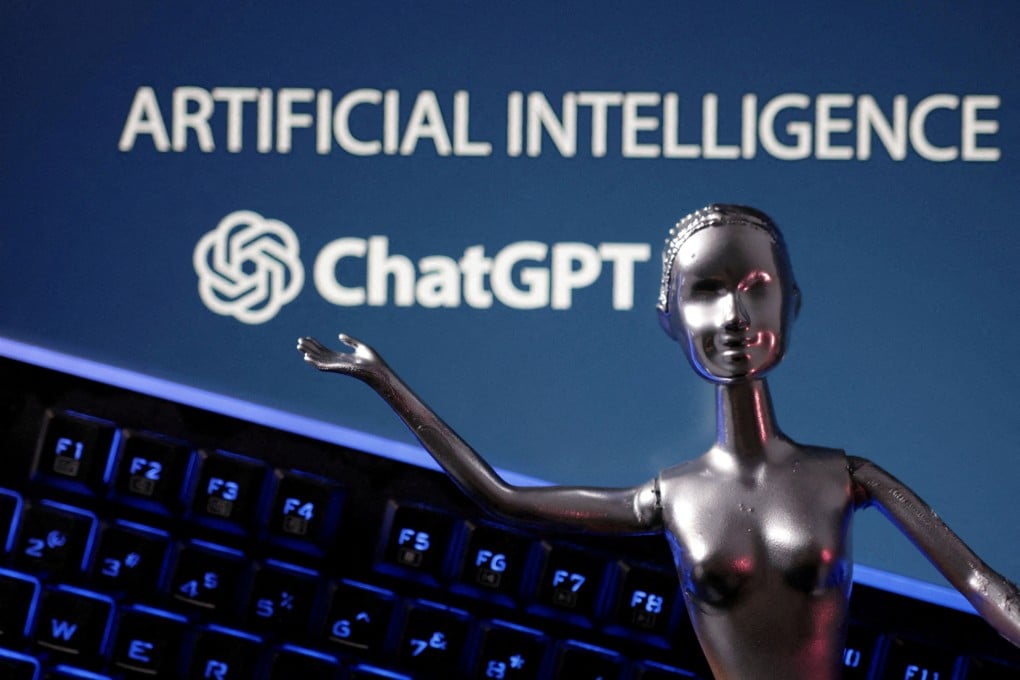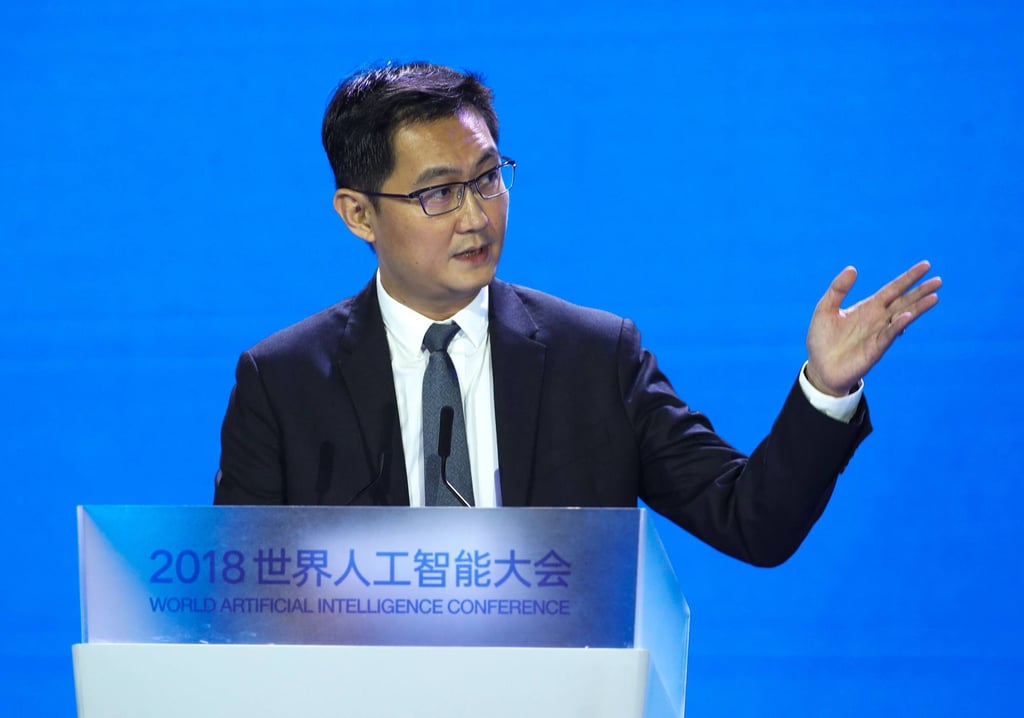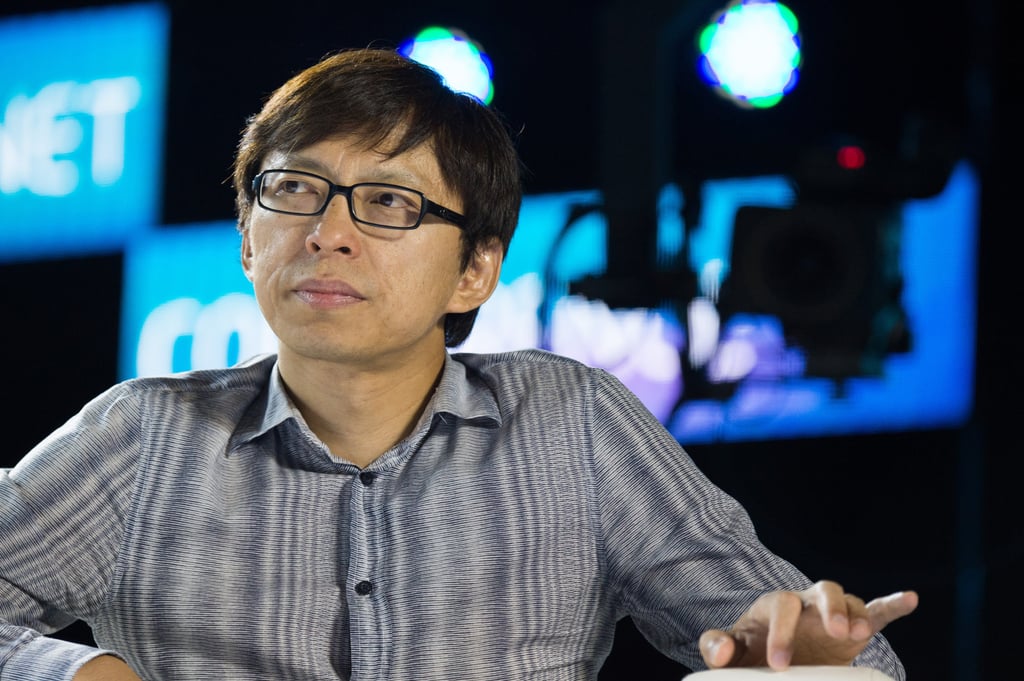China’s Big Tech bosses take different business approaches towards generative AI like ChatGPT
- Tencent CEO Pony Ma Huateng and Sohu CEO Charles Zhang Chaoyang have taken a more measured approach
- In contrast, Baidu CEO Robin Li Yanhong and Alibaba CEO Daniel Zhang Yong are quickly pushing new products through the pipeline

China’s Big Tech bosses are displaying conflicting views towards artificial intelligence (AI), as some eagerly embrace the advancing technology while others warn against hasty adoption amid the frenzy around ChatGPT.
“I think a lot of companies are in too much of a rush, trying to boost their share prices. That has not been our style all along,” Ma was quoted as saying at the company’s shareholder meeting on Wednesday in a report by Chinese media outlet Thepaper.cn.

However, Ma said Tencent was in no rush to launch unfinished products.
“[AI] is a once-in-a-century opportunity like the invention of electricity during the industrial revolution,” he said. “In the grand scheme of things, introducing the light bulb a month earlier wasn’t that important. The key [for us now] is to build a solid foundation of algorithms, computing power, data and more importantly, use cases.”
Ma’s caution was echoed by Charles Zhang Chaoyang, founder and CEO of news portal Sohu.com, who also warned against blindly following trends.
